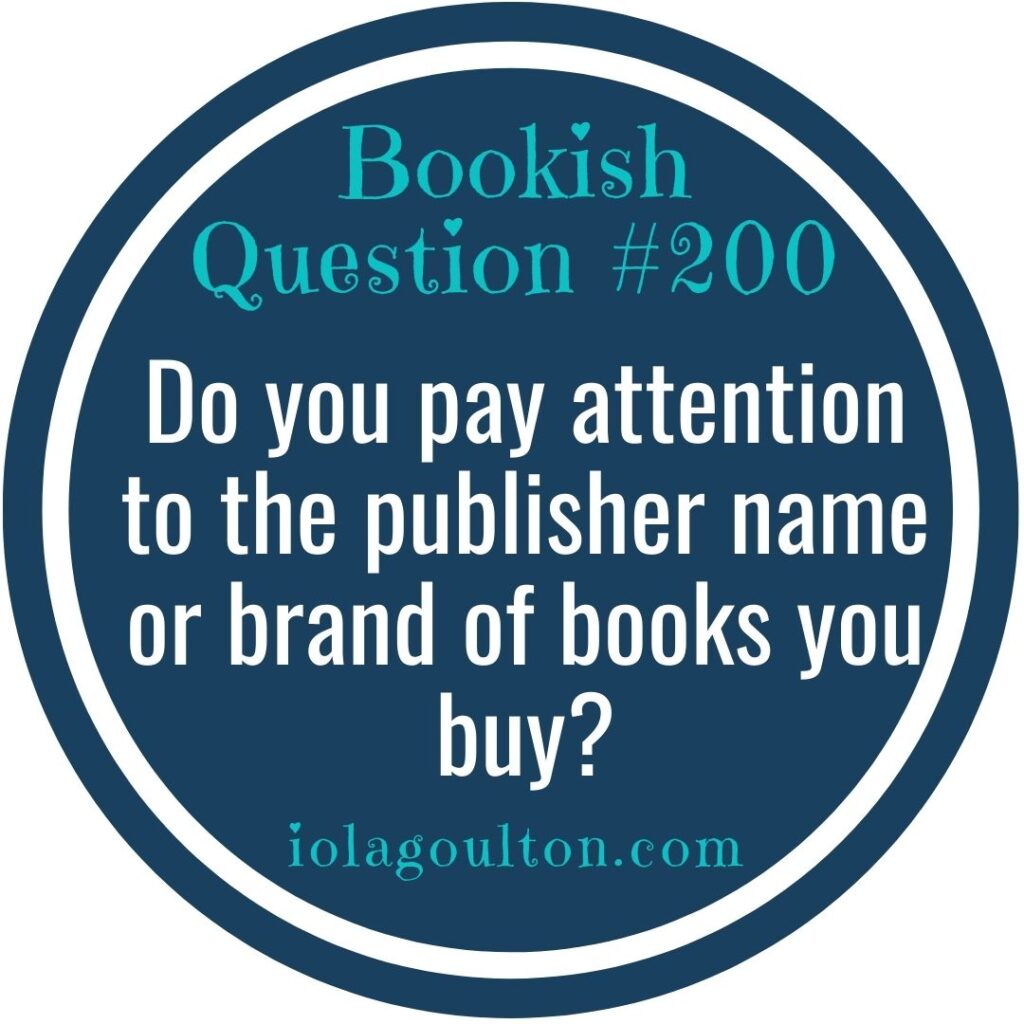Do you pay attention to the publisher name or brand of books you buy? I used to.
Back when I bought paper books or supplemented my book buying with visits to the library or second-hand bookshop, I did pay attention to the publisher. I wanted to read Christian fiction, and the Christian publishing industry is fairly small. It didn’t take long to work out which publishers consistently produced the kinds of books I was interested in buying, and to learn to recognise their logos on library or bookstore shelves.
(Of course, Christian bookshops make it even easier by only stocking Christian books).
But many of those old favourite publishers have changed direction or stopped publishing fiction altogether, and the rise of the ebook means those gaps are now being filled by self-published authors.
That’s not a bad thing, because it means many more authors are getting the opportunity to get their work in front of readers.
But it can make it harder for readers to find new authors.
The market has also fragmented in terms of the kinds of fiction being published. Mainstream traditional publishers tend to keep to a narrow niche of what they know will sell. That makes sense: some of them are ministries, so it’s important that they are good stewards of their funds and don’t spend money publishing books that are unlikely to sell. Others are subsidiaries of major multinational corporations, and they’ll be closed if they don’t return an appropriate profit.
All this means that while there were once maybe one or two dozen publishers of quality Christian fiction, now there are thousands.



No, I don’t pay attention to the publisher’s name. When choosing a book I’ve never seen before, I’ll read the blurb, check out the opening chapter, and look at the reviews. And, like you, if I enjoy the book, I’ll look for more by the same author.